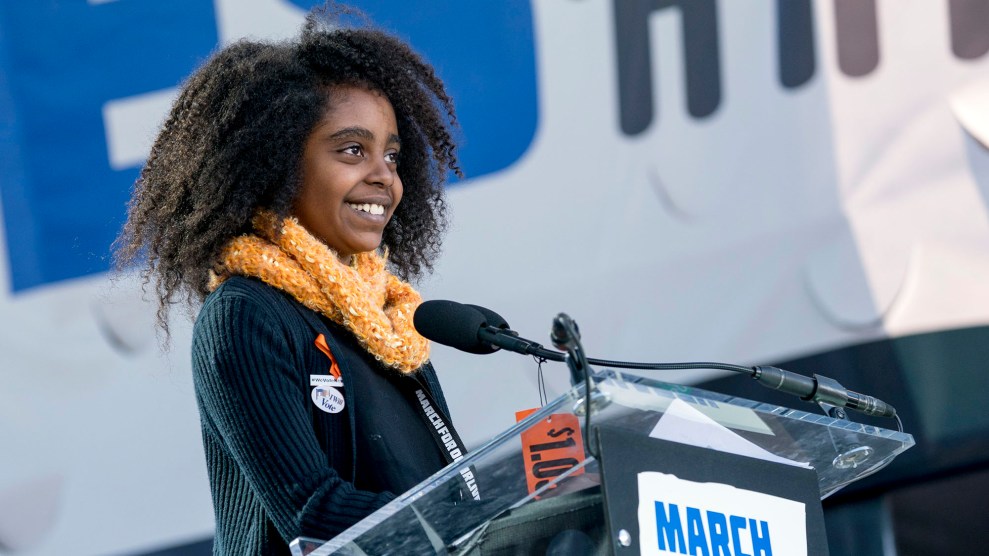In an era fueled by hashtags touting, #MeToo, #BlackLivesMatter, and #BringBackOurGirls why does it feel like Black Women are still one of the most under valued segments of society?

The strong black woman. That is the image that many blacks are brought up on. From Cleopatra, to Harriet Tubman, to Maya Angelou, to Serena Williams, to Michelle Obama, to even the Dora Milaje in Black Panther; Black women are pictured as some of the strongest forces of the planet. However, to borrow the Alicia Keys lyric, “What is a [Black] Woman’s worth?”

Yeah in history class and headlines around the world, the narrative is changing. Black women are seen as nation builders, mothers, survivors, politicians, business leaders, and kick-ass warriors on the big screen; but outside of the black community or the rants of armchair activists, does the whole world feel that way? Ever since the birth of civilization or the cotton fields of a slave ecomony south, Black women have been the backbone of the Black community. So do Black women suffer because women in general or under valued and marginalized or does it go deeper? Does their power inspire fear in those that wish to keep the voices minorities and women down?

As Naomi Wadler pointed out, Black girls who are killed by guns, murdered by violence, or kidnap rarely make the front covers of America’s news cycle. Even though they are far more likely to die by gun violence, percentage-wise they rarely make the cut past the proverbial cutting room floor. What gives?!?! Mei-Ling Ho-Shing, survivor of the Parkland Massacre complained that even though gun violence hits closer to home for Blacks in low income neighbors near Marjory Stoneman Douglas High School, they feel shut out, while their White and Latina counterparts grace the cover of Time Magazine. What about a Black girl’s story is perceived as less valuable or buzz worthy than a White woman or White man?

Representation matters.
When a media outlet asked Koreans about their feelings about Africans and African Americans they wholely admitted that perceptions changed after seen Black Panther. The narrative of blacks being just the rapper, drug dealer, or criminal was dashed. Black were finally seen as cool or moreover as normal human beings.
What Koreans Think Of Black Panther | ASIAN BOSS: https://t.co/bMWgIp2tCp via @YouTube
— ASIAN BOSS (@AskAsianBoss) March 6, 2018
On the flip-side, people around the world are watching cops around the nation get off for murdering unarmed Black men. Could the problem be the value of Our Girls is a by product that the lives of Blacks in general don’t seem carry as much value? Taking a look back, it took Nigerian officials heart-wrenching weeks to publish the names of all the students Boko Haram kidnapped from a boarding school in the village of Chibok on the night of April 14, 2014. How even in these girls’ home nation, it feels like it wasn’t a national priority? How is it that more than 200 African girls were kidnapped and the UN or nations in general didn’t leap into action. “Bring back Our Girls!”…the appropriate answers should of have been similar to Donald Trump’s “Fire and Fury” speech. That feels like an appropriate response. 200 kids of any race missing…, an acceptable response should have been like Marlon Wayans in Don’t Be A Menace to Society While Drinking Your Juice in the Hood: “Do we have a problem?” (with post office van missile launcher).
If want Our Girls to matter, it means more than just asking the world at large to care. The greater community that is the children of the African Diaspora need to make it their business to be a voice for those who have no voice. To scream from the mountain tops, “Why didn’t all Our Girls make it home?!?!” To make sure that those fighting for the memory and so this never happens again are not met with opposition.
PUBLIC SERVICE ANNOUNCEMENT
Can the .@AsoRock @NGRPresident @MBuhari please ASK the IG @PoliceNG to please vacate the location of our DAILY SIT OUT for OUR #ChibokGirls?
ASK the officers of @PoliceNG to immediately RETURN our SEATS that they have carted away.
Pls RETWEET. pic.twitter.com/X3PjohKY5S
— Oby Ezekwesili (@obyezeks) April 13, 2018
So now to an obvious question, “Who took our girls?”
According to the BBC the Boko Haram is Nigeria’s militant Islamist group. They have caused violence and civil unrest in Africa’s most populous country through a wave of bombings, assassinations and abduction, and seek to bring the country under the rule of an Islamist state. Furthermore the group promotes a version of Islam which makes it haram, or forbidden, for Muslims to take part in any political and social activities associated with Western culture. CNN reported that a core beliefs of the group opposes the education of women. According to their version of Sharia law, it is the duty of women to be at home raising children and looking after their husbands. Being at school learning to read and right is not an option.
Years the later, we come to a startling revelation.
Not all of the children kidnapped that night ever made it back. Wait… they are no longer children, many of them are full grown women with children (from their kidnappers). Their parents are living the worst nightmare possible. Imagine sending your children to school and they never come back.
In America, we fight for the right that everyone should be able to practice their religion as they see fit. What gives the Boko Haram the right to take other people’s children and enforce their own world view upon them?
If we want the world view to change on Black girls in the process Black women, it is the duty of every one of us to defend their rights, their education, and how they are perceived in the public eye. We must do more than stand with Our Girls. We must uplift them, teach them, and make them a media priority.